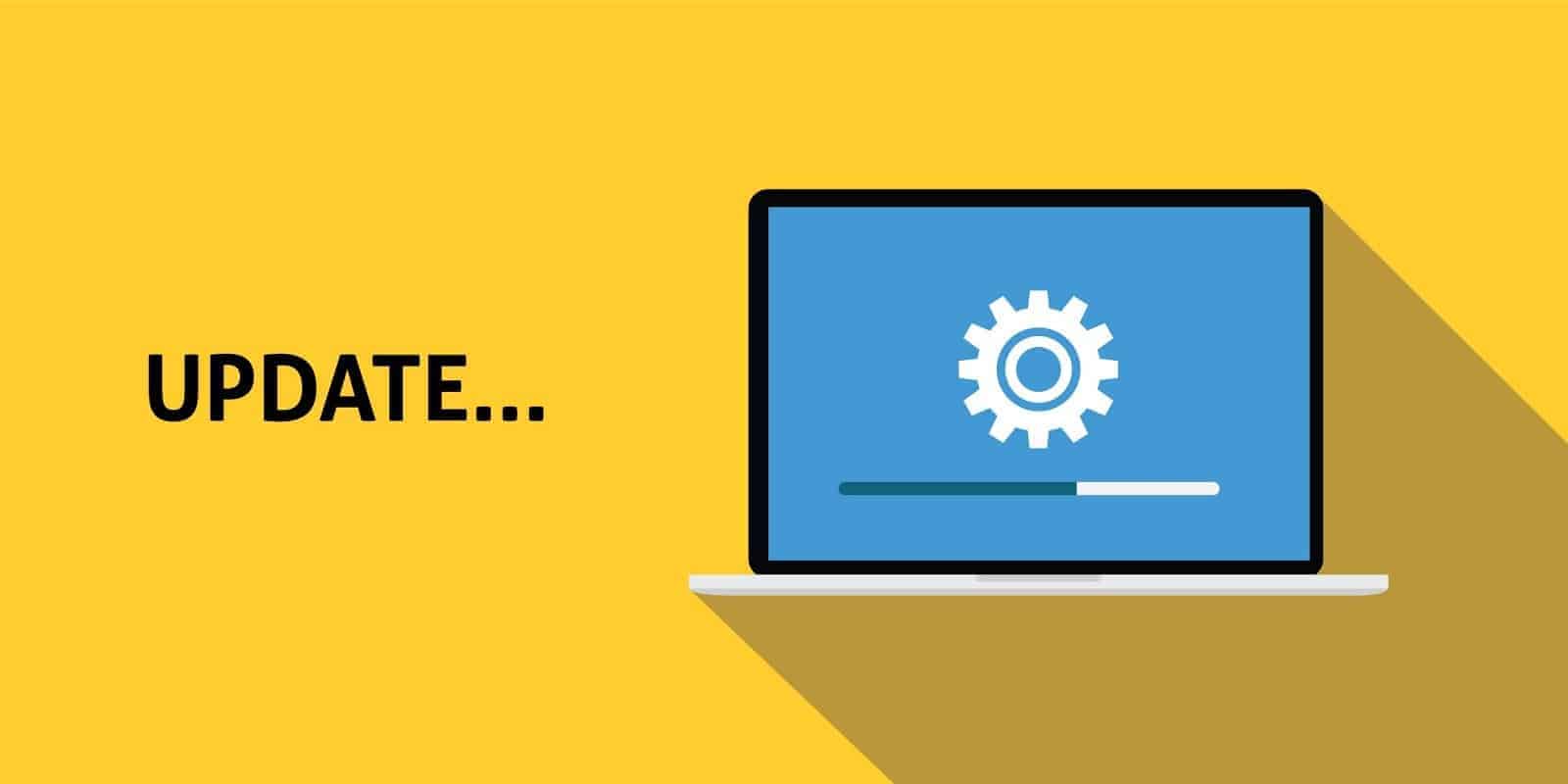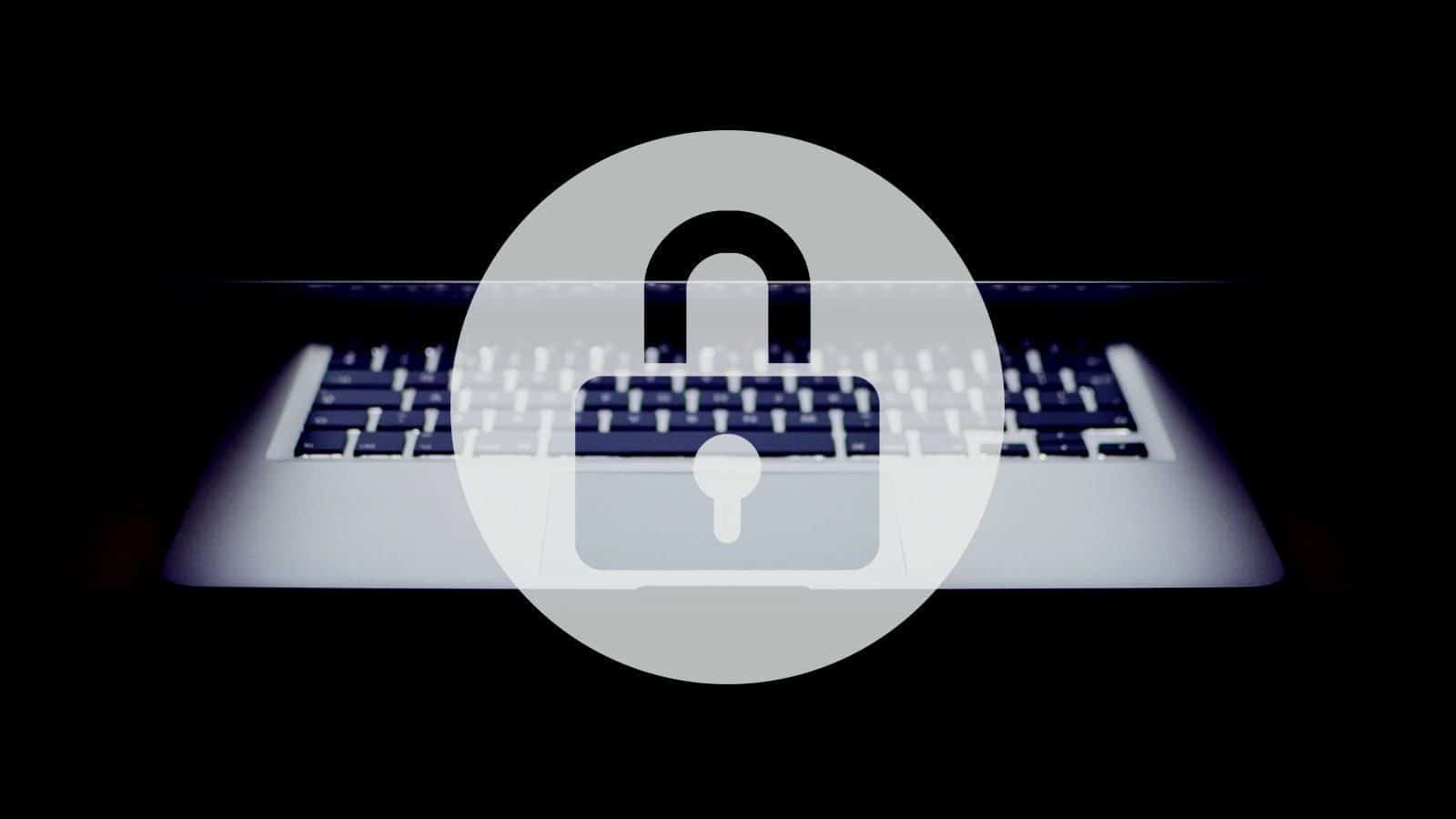Cybersecurity breaches and massive data leaks have spiked over the last few years. The MyFitnessPall app breach alone exposed data of some 150 million users. These are scary numbers, and they keep piling on. Even though we are deep into the digital era, not many people seem to care about cybersecurity.
The fact of the matter is that the size of your business doesn’t matter, pretty much everyone is vulnerable to cyberattacks, which could cause significant setbacks, ruin your reputation, and even scare customers away once and for all. Smaller organizations are particularly vulnerable, as they often don’t have the resources to ensure virtual security.
However, all businesses, regardless of their size, can significantly improve their cybersecurity with minimal investments. Today you’ll find out how.
Schedule Backups and Use Encryption
One of the best ways to protect data and minimize the detrimental outcomes of a potential cyber attack is to create a backup and recovery system. Make sure to set up a schedule for backups. This way, even if a ransomware attack hits your systems, you’ll be back on track in no time and won’t lose any money or information.
Apart from creating a backup strategy, it’s also crucial to test it and make sure it works adequately. Furthermore, by [af_link id=”9731″]encrypting all the backed-up information[/af_link], you’ll be sure that all of it is inaccessible to anyone who doesn’t have the key needed for decryption.
Use a VPN
A virtual private network is a solution that should be used by both individuals and businesses to ensure secure internet connectivity. VPN has the power to reduce online attacks, as it creates a secure tunnel that’s nearly impossible to intercept.
Additionally, a VPN encrypts all the data that travel over the network. This means that even if hackers can intercept the network, they won’t be able to access it or use the information in any way. On top of that, VPN gives your employees the ability to connect to your business’s network remotely while not compromising its virtual security.
Update Your Operating Systems
All the devices that you that you use, be it a laptop, desktop computer, tablet, or smartphone, must have their operating systems updated regularly. Why is this important? Well, no system is impenetrable, and that’s the cold truth. However, it takes time effort for hackers to figure out the weaknesses in an operating system.
When this happens, the developers create new security layers and fixes to counter any issues. Usually, such fixes are preloaded in an OS update. If you want to be sure that you don’t miss out on any of the latest patches, be sure to enable automatic updates.
Use Antivirus/Antimalware Software
Having an antivirus/antimalware tool is a must, and that’s not even questionable. Most people know this, but it’s important to repeat it. Both, individuals and businesses alike can benefit from a professional software designed to identify and counter cyber threats.
However, a lot of people forget to update their antivirus software. This is just as important as updating your operating systems, if not more. Make sure to find a vendor that offers quality solutions and ensures frequent updates.
Hire A Security Expert
Most companies that don’t have leaders on the IT frontlines forget how vital cybersecurity is. Experts agree that most enterprises have neither the right security strategies nor the employees that have a proper understanding of how to protect themselves from online threats.
A situation like that creates issues that could be detrimental, as human error is often responsible for security breaches. A third of companies don’t have cybersecurity experts working for them, and that leaves them completely vulnerable.
Virtual security experts should be an essential part of any business since they can create the right security strategies and train employees. The benefits of having in-house cybersecurity professional are enormous. Think of it this way: paying a salary for a virtual security expert will never as expensive as paying up for a massive security breach.





